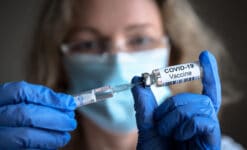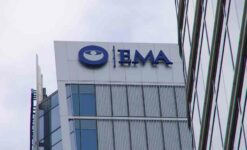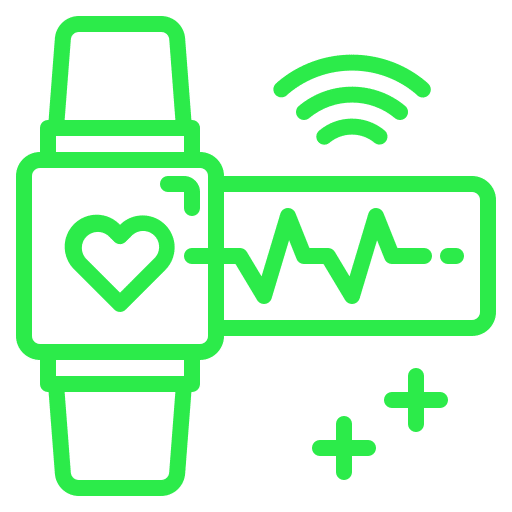The UK market is independent of the European Union and has its own regulatory framework, regulatory authority, and payers.
How does the UK regulatory landscape currently differ from the EU framework?
Since January 2021, the UK’s Medicines Healthcare Products Regulatory Agency (MHRA), is the UK’s standalone medicines and medical devices regulator can act with great agility with a focus on getting vaccines, drugs, and technologies to patients as safely and quickly as possible.
Drugs
The MHRA supports and prioritizes innovation through:
- Accelerated Assessment
- Conditional Marketing Authorization
- Rolling Review – MA application route intended to support development of innovative medicines
- As part of the Reliance Procedure, if a company receives a positive CHMP opinion in 2022, the MHRA will approve immediately after, until January 2023.
- New access routes – Innovative Licensing and Access Pathway (ILAP) aims to reduce the time to market for innovative medicines
Devices
- Medical devices (including IVD) are regulated by the UK MDR 2002
- CE-marked devices may be placed on the UK market (Great Britain & Northern Ireland) up to 30th June 2023
- From 1st of July 2023, manufacturers must use the UKCA mark, adhere to the UKCA conformity assessment procedure and produce a GB-specific Declaration of Conformity
- Devices of all risk classes must be registered with the MHRA before being placed on the market. Manufacturers based outside the UK must appoint a UK Responsible Person (UKRP) to act on their behalf before placing a device on the market.
- UDI / EUDAMED – UK is unlikely to have access to EUDAMED in the future. UDI – UK appears to be remaining with GMDN, while Europe is planning to adopt the Italian CND system
What are the challenges for companies developing health tech products in the UK?
Drugs
- The difficulty to prepare long term regulatory strategies in parallel to the EU strategy.
- The lack of detailed guidance for example Marketing Authorisation Applications (MAA) procedural timelines, location of SME Applicant available on the MHRA website.
- Long lead timelines to secure meetings with MHRA or obtain timely feedback to questions raised on the grey areas of the guidance.
- The supply of a single common product pack for the UK (Packaging and Labelling).
Devices
- Since the UK exit from the EU there has been a divergence in regulation.
- The MHRA, has held consultations with both industry and the public, with a view to build more robust regulatory regime for medical devices/IVDs while still allowing a high level of innovation, following lessons learned from the COVID-19 pandemic.
- The UK now has two regulatory regions for devices: Great Britain (England, Scotland, and Wales) and Northern Ireland (NI). MHRA is seeking a new balance to the NI Protocol and is proposing a dual regulatory regime where goods that meet either UK or EU rules can circulate within NI
- UKCA will replace CE for devices in Great Britain from 1st July 2023
How VCLS can help?
- Our team includes ex-MHRA Assessors with experience in the assessment of Orphan Drug Designation, early access pathways and MAA.
- Communication with regulators and UK notified bodies (SGS, BSI, LRQA)
- Deep understanding of the Quality, Safety and Efficacy in preparing Mas and Value Dossiers
- Experience with the Commission on Human Medicine’s (CHM) Expert Advisory Group (EAG) for First in Human (FIH) studies and trials where the MHRA may wish to seek expert advice (e.g., where there is a difficult risk benefit balance).
- UK specific expert guidance on using the Health Research Authority’s (HRA) combined review service for Clinical Trial of Investigative Medicinal Products (CTIMPs) and for medical device studies involving a CTIMP.
- Extensive knowledge of navigating different aspects of Good Manufacturing Requirements (GMP) regulations and Qualified Person (QP) requirements in a post-Brexit environment.
- Experience and extensive knowledge of the standard IRAS platform including experience with the Combined Review IRAS platform and in depth understanding of the combined review process to ensure timely submission and management of your clinical trial.






